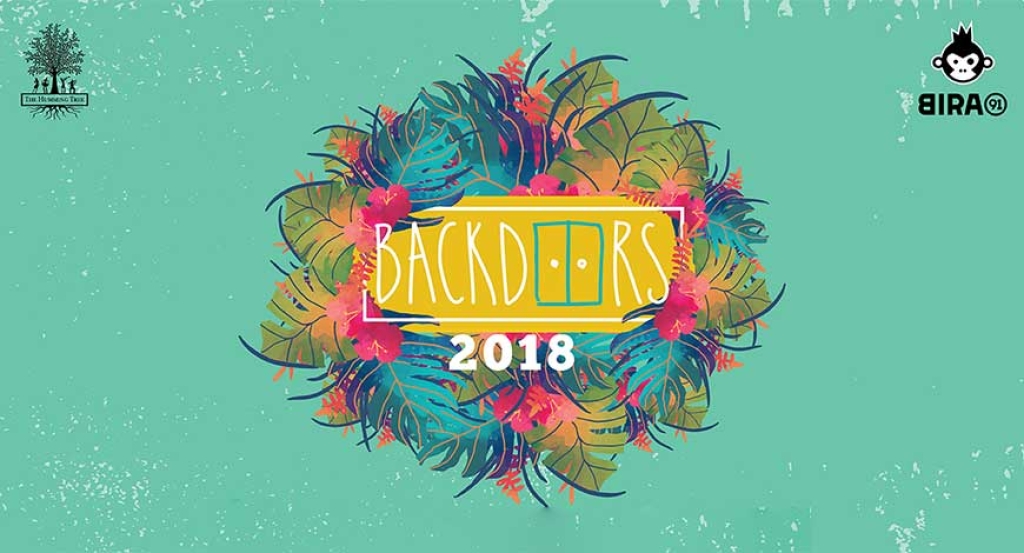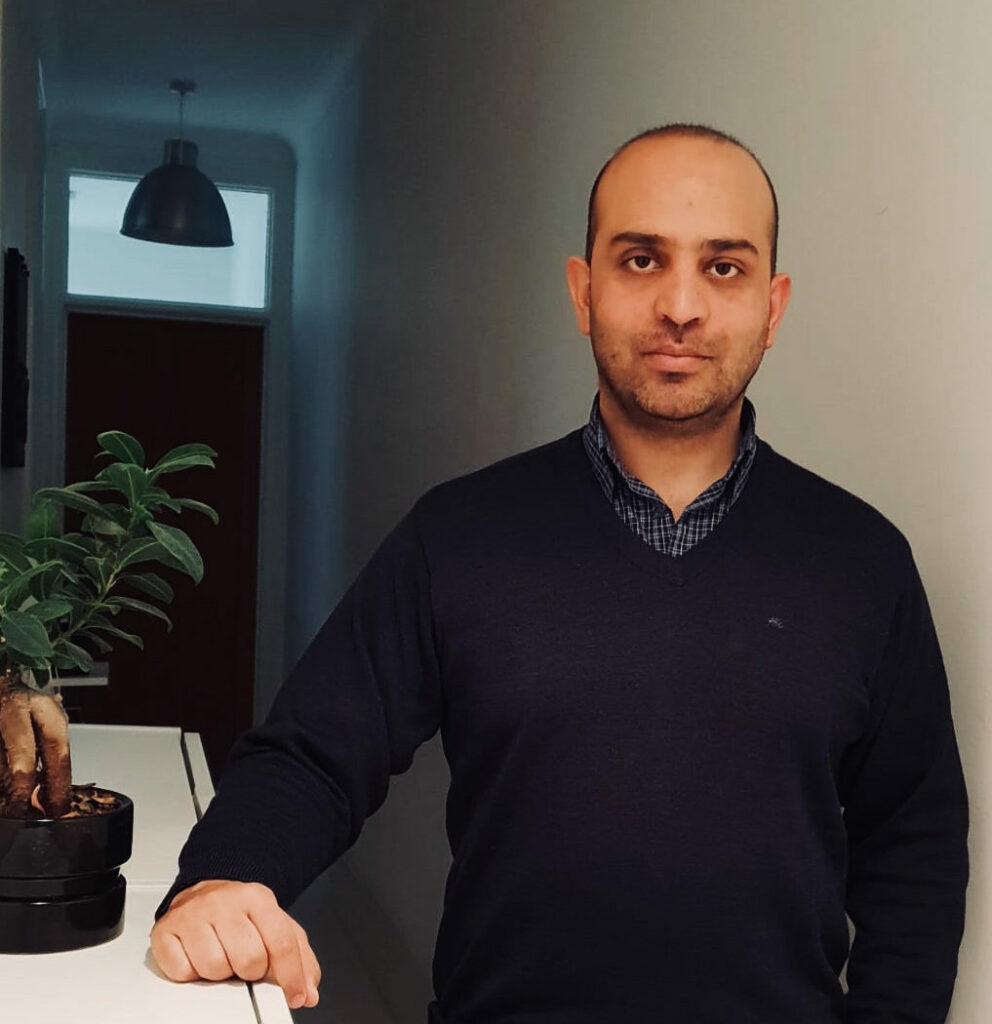Investment in Brazil’s Social Good Sphere used to rely on private sponsors and small donors. During its 25 year history the Instituto da Criança has always sought to diversify its income streams and establish more long-term, sizeable investments to support its projects. How do their best business practices and an sense of solidarity help reshape the sector?
by Jean-Christophe Nothias | Editor
Jean-Christophe NOTHIAS (JCN): In 2008, you launched a social shareholders campaign with the objective of institutional financial balance and stability. Could you please tell us about this campaign and its results? How and why was this idea born? How has it evolved? Do your shareholders have a stake in the Children’s Institute?
Pedro Werneck, Instituto da Criança’s Co-Founder and President: The campaign was developed collectively with my brother Carlos and some business friends who volunteered to help us. It was named “Campanha de Cotas” and aimed at companies that wanted to start social responsibility projects but did not have the capacity to do it on their own.
To make it attractive, we offered incentives that corresponded to the amount invested and recognised companies and entrepreneurs with the title of co-authors for the projects we have completed together. This campaign also helps achieve financial stability for the Instituto da Criança (IC). Through it we are able to cover our operational costs and finance our own projects through it.
Currently, there are about 30 companies participating in this program and it is now recognized as a case study in the management of social projects.
JCN: The need for equity in the social-profit sector is a contemporary issue. Social enterprises have been lacking equity-like capital (aka patient capital, quasi-equity) – patient long-term capital, which enables them to scale up their operations. Some foundations have started recently pooling investments and providing SGOs with unrestricted funding. What are your thoughts on this topic? What are the main challenges on the demand and the supply side?
Pedro Werneck: I believe that every form of funding is valid and, without a doubt, a long-term direct investment could provide exponential growth in the third sector. Specifically, long-term financial investment products can be seen in a structured way in the European context. There they have investment funds such as the European Structural and Investment Funds (ESIF) and also the European Social Fund (ESF).
However, here in Brazil, we do not have a similar model yet. We have the practice of investment through contests from Foundations and Funds such as The Brazilian Development Bank (BNDES). In addition, a popular fundraising tool is crowdfunding, which has even included a match-funding campaign by the BNDES itself to stimulate donations. Even so, these are specific initiatives. I would say that our long-term investment scenario is still in its initial phase. A recent advance was the approval of the Endowments Law in January this year.
I see the opportunity of raising resources without restrictions in a positive light, as it would enable the flow of resources to the organizations’ operations, as well as to social investments. In this way, supply and demand could become more balanced, given that today we have a great demand for resources and a modest supply. At the moment the high degree of risk in these social investments drives backers away, especially if we consider that the return will be social rather than financial profit, which is not a widespread concept yet.
In our case the IC is not a social business. We do not have amitions for profit. The investor’s support will be implemented in social actions and co-participation in the results. Our purpose is to promote a Culture of Solidarity and we do this by raising private capital, resulting in private social investment. We believe that in this way we contribute, with our network of institutions, to solving the issues of social inequality in Brazil.
JCN: Corporations have their Wall Street and access to capital. What do you think of the idea of a social capital market?
Pedro Werneck: I believe the capital market is an attractive opportunity to enable social investments. Currently, we are studying the possibility of establishing a social debenture for IC, to be offered to the market. However, it is still an embryonic model under study.
At the same time, for some years we have been trying to establish our own endowment, but we have been facing difficulties in exciting the interest of potential donors capable of offering significant amounts because the culture of large, long-term donations is not yet a reality in Brazil.
IC, in search of an alternative solution, elaborated and recently launched the campaign called “Reverse Endowment”, a model focused on the profiles of high-income individual investors, who can donate resources, as a percentage of the income obtained in their financial investments. Thus, the donation does not detract from their equity value. The donation would only be part of the annual income. In order to govern this process, we prepared, in partnership with our legal advisor, a document of our own that allows the investor, if necessary, to interrupt the investment by giving 2 or 3 years prior notice. So, an investor does not feel bound forever and is more likely to be willing to donate.
JCN: Your revenue streams look diversified and you seem not to rely exclusively on donations. How would you describe your economic model? What steps have you taken to make your economic model more sustainable?
Pedro Werneck: Yes, in fact, diversification has always seemed necessary to us in order to avoid dependence on an exclusive source of income. IC has 10 different campaigns, in addition to the Campanha de Cotas, which we discussed above. We run micro-donation campaigns where we seek small donations from a large number of people. We have, for example, the Cardápio Solidário, where clients of restaurants contribute R$ 2.00 on top of their bill and this is donated to IC. We also have the Check Out Social campaign aimed at hotel guests. Other campaigns are aimed at customers, who can donate while paying for products or services, or at employees who can donate some money every month when they receive their salaries and so on.
In addition, we have been reinventing ourselves to meet social demand and establish a more sustainable business model by advising private companies on their corporate social responsibility (CSR) activities.
JCN: You have been working a lot with corporations advising them on CSR. How do you think the corporations’ approach to CSR has evolved in the past years? What are they looking for now in terms of actions and communications?
Pedro Werneck: I believe that we have embarked on a path from which there is no return with regard to CSR. I usually make a parallel with what happened in the marketing area. Around 40 years ago, the majority of companies did not have a marketing department because they did not recognise its importance and to an extent it was not vital at the time. However, later this management tool has proven to be essential to financial results. Large corporations have unilaterally established marketing departments and can not survive without them now. The same is happening to social responsibility.
When IC started advising companies, they were mainly large corporations, with predefined strategies. Today we see the CSR services market entirely open to small and medium-sized companies because CSR is fundamental for their relationships with clients, employees, suppliers, and partners. Without CSR, the company will not fully advance. Companies need to measure and communicate their positive impacts and to show awareness in their role of giving back to society.
In the future, we aim to make IC a social player, one qualified to implement larger projects for which companies alone will not have the capacity.
JCN: Some think-tanks point to the fact that there has been a shift in social profit discourse recently – from discussing how to better measure impact achieved by SGOs, to how funders can collaborate better with SPOs and other funders to achieve better results. Can you see this shift? What do you think about it?
Pedro Werneck: The concept of social profit as a form of replacement of the term non-profit, unfortunately, is not yet disseminated in Brazil. On the other hand, the measurement and evaluation of the impacts of social investment is today a reality and also a necessity. Companies, or their corporate foundations, are responsible for more than 60% of Brazil’s private social investments and they demand transparency from the social sector and the detailed measurement of the results of their financial contributions.
That is why at the Instituto da Criança, for example, we have incorporated in our organizational culture the best business management practices. Precisely so that we can monitor and measure projects, allowing us to “speak” the language of the investor. Our history has shown us that this has been the right way to gain the confidence of the entrepreneurs who support us and who naturally want to measure their efforts for the good of society. The annual publication of the Instituto da Criança’s social balance, implemented since 2012, is one of the instruments that we use.
In conclusion, I think it would be extremely positive if the third sector in Brazil were to adopt the term social profit, aligning the terminology more closely to the social change that is desired. By showing our capacity to transform society’s gaps into a form of profit, I believe that we will gain the support of companies that seek to put their social responsibility into practice and need partners to execute their projects and actions.
JCN: The Instituto da Criança’s mission is to inspire solidarity. How would you explain what solidarity means and why do you think it is important? Could you elaborate on actions you have been taking to promote solidarity?
Pedro Werneck: Essentially, our main goal is to enhance the culture of solidarity by instilling it as a daily exercise. We believe that all of us have different feelings in our hearts, such as love, hatred, joy and sadness. Solidarity is one of them. It is expressed through the gesture of acting on behalf of another person to neutralize or reduce the difficulties they are going through.
I believe that solidarity means love put into practice. It is very simple but it has an enormous value, both for those who practice it, and for those who benefit from it. IC works every day to make people feel solidarity and understand that it is possible to practice solidarity, without interrupting their own life.
IC stands as an answer to transform this feeling into reality. We offer the opportunity to act and collaborate with us to do something for others. For instance, we mobilized a group of volunteers to build a house and a small shop for a lady who was selling cakes and could not afford her own house. In addition, we also grant scholarships to children in private schools so that they can continue their studies while their parents work.
JCN: What were the greatest challenges for your organization during its 25 years and what do you consider as your greatest challenge in the next 5 years?
Pedro Werneck: The challenge was to be able, with very limited financial resources, to enter a new market, where there were few benchmarks. To make IC a qualified social player with a highly professional team applying the best practices used by corporations such as independent auditing, participatory strategic planning, production engineering, knowledge management, human resources plan, fiscal and advisory boards and CRM, to name but a few.
I usually say that IC today is an embryo of what it could accomplish. The challenge is to increasingly enhance the process of social action through partnerships that stimulate the public and attract support on an exponential scale. So far, we have formed a robust network, investing financial, human, technical and material resources to strengthen social entrepreneurs. Social entrepreneurs can, in their turn, ensure new opportunities for vulnerable people until they can find their own ways of progressing.
IC has already done a lot and intends to do much more. We believe that what matters is that we seek to build a culture that transforms human lives, a culture of solidarity, not a datasheet of lives impacted.


